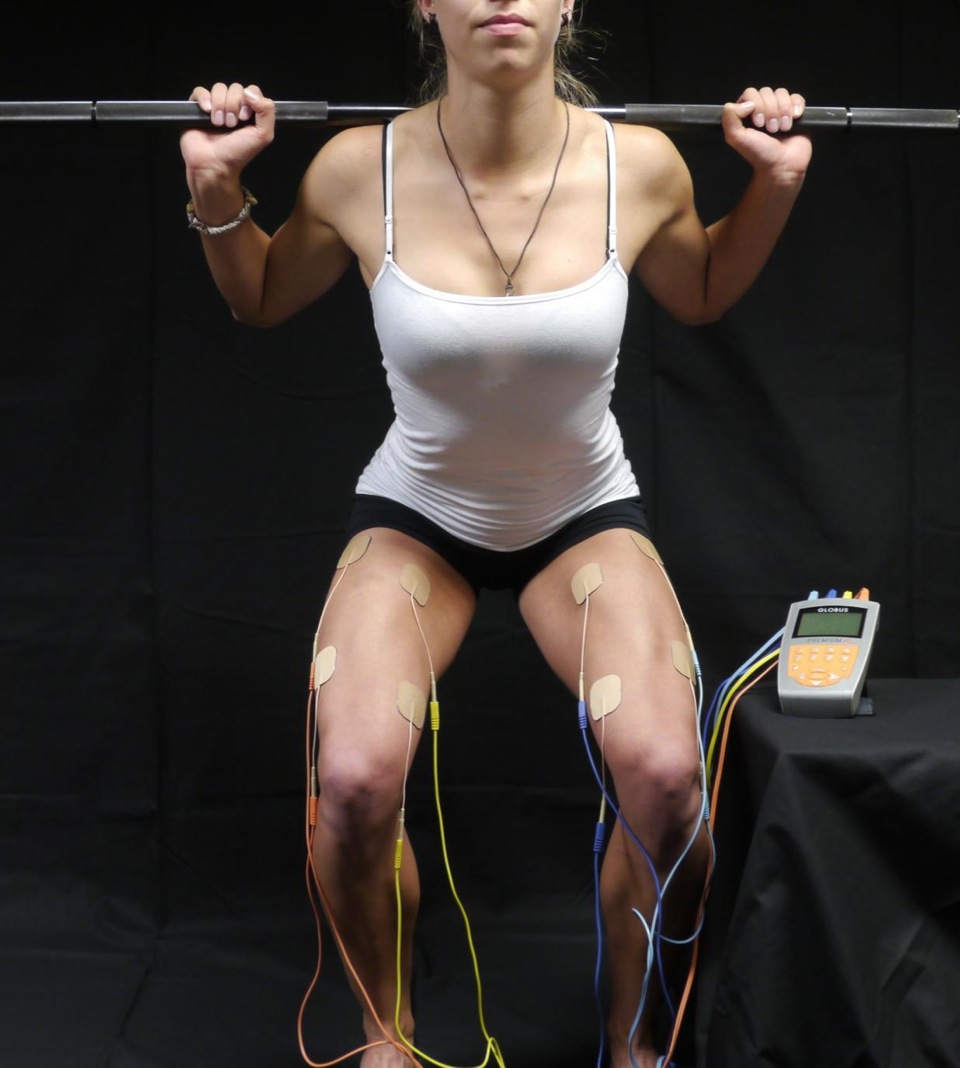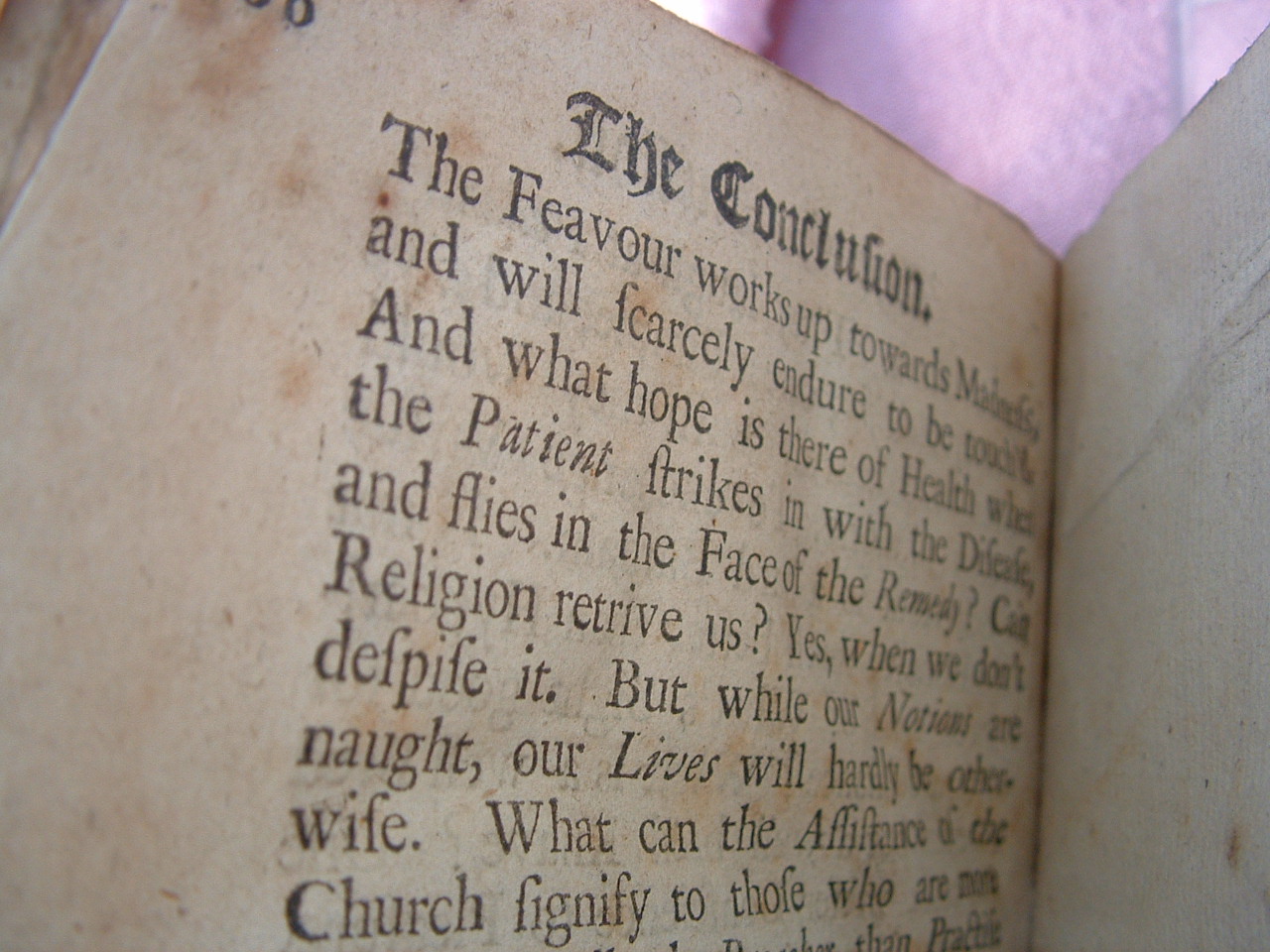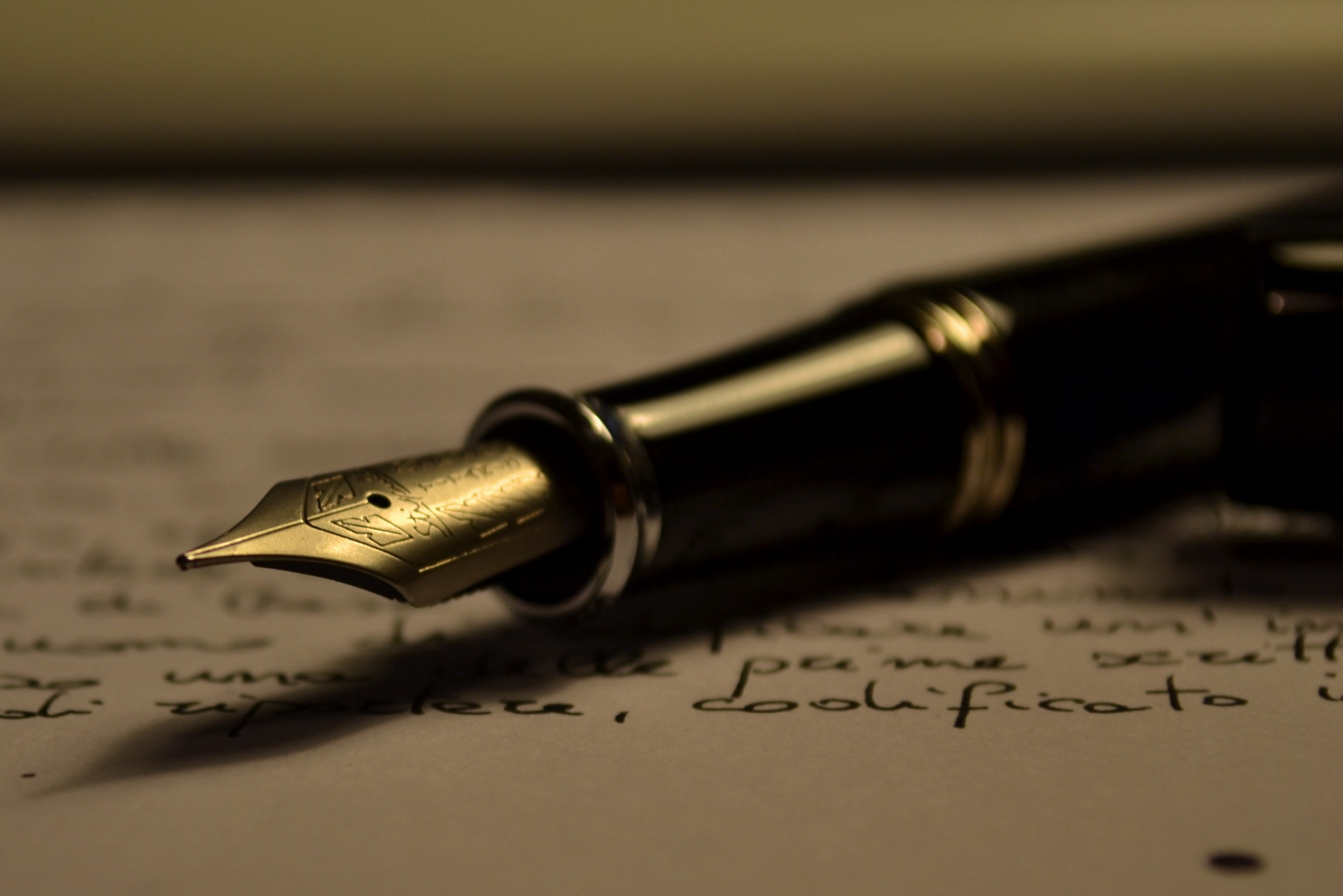.jpg) |
| Bert Kaufmann. "Misty Winter Afternoon" Dec 20 2010. Creative Commons Attribution. |
Reflect on Peer Feedback
One thing both of my peer reviewers agreed on was that my thesis was a little unclear. I think in my revision I am going to make a bolder statement on what I am writing about. I liked the advice Morgan provided about contrasting this course with previous courses that I've been in to show just how challenging and different it has been for me. I think I'll add that into my final draft. I enjoyed the specific comments on what I did well such as my transitions to new topics and the organization of my draft. Some of my comments aren't applicable to my draft anymore because I wasn't finished with my draft when both of them started reviewing but I still use the comments as a guide to make sure I'm completing all the necessary criteria.
What I've learned about my draft
I've learned that the evidence in my draft could be a bit more developed. I do include stories but the only solid evidence I provide are hyperlinks to previous blog posts. I might use quotes from a conversation I've had or specific quotes from my projects. I think I have a good amount of sensory details but I feel as it won't hurt to go through and add a bit more. I could also add more specific adjectives to make my stories more effective and descriptive. I do think I did a good job of keeping my draft structured and keeping my purpose in mind. The only challenges I really faced were trying not to repeat myself and coming up with a structure and tone that I liked.
Revision
Revision
- I think I did demonstrate an ability to think about my writing and myself as a writer because I actually formulated an outline with the project guide open in front of me and that showed that I am a planner and sequential composer.
- I did provide analysis of my experiences, I discussed how they changed me and compared them to my previous experiences.
- I provided concrete examples of my own writing my hyperlinking blog posts. I think I'm going to provide more for my final draft but the descriptions I have provided already are adequate.
- I don't think I explained the choices I made enough because I felt as though they were obvious. I think I might add a bit more to this section.
- I did use specific terms and concepts. Things like rhetorical situation, audience, purpose, etc.


.jpg)


















